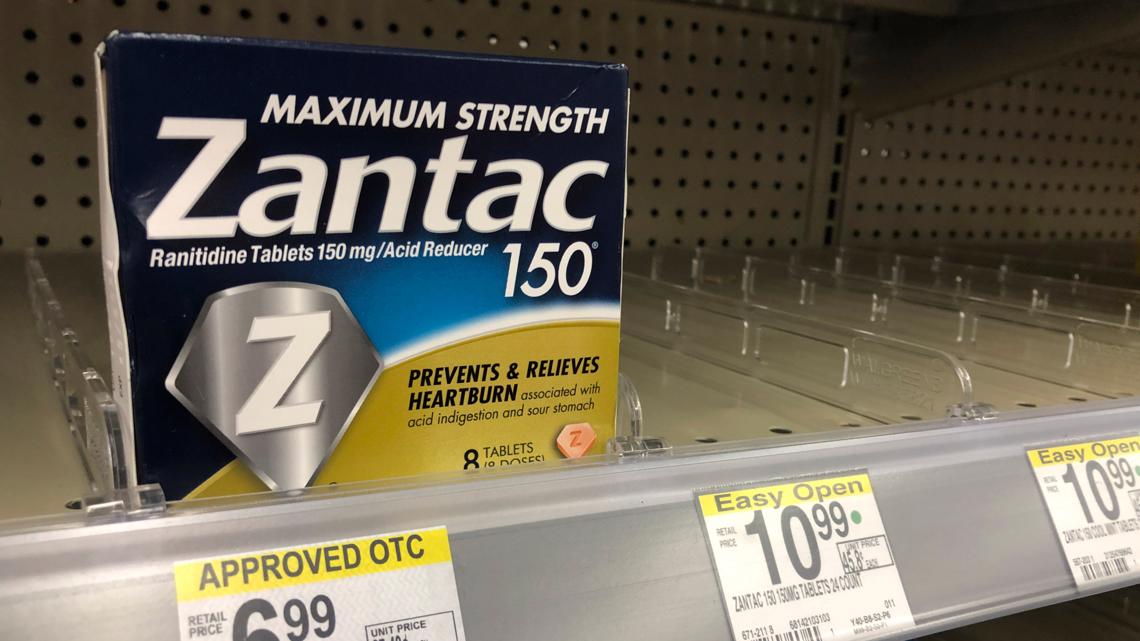Zantac and other ranitidine products were withdrawn nationwide in April 2020 over concerns an impurity could cause cancer.
WASHINGTON — The U.S. Food and Drug Administration has approved a reformulated version of ranitidine, which was sold widely under the brand name Zantac, allowing the acid-reducing drug to return to the market nearly five years after it was withdrawn nationwide over concerns an impurity could cause cancer.
The FDA said the new formulation addresses the risk of N-nitrosodimethylamine, or NDMA, an impurity that can form during storage and is classified as a probable human carcinogen. Ranitidine products, including Zantac, were pulled from shelves in April 2020 after regulators determined the impurity could increase to unsafe levels over time, particularly when stored at higher temperatures.
The newly approved tablets underwent “extensive safety testing and manufacturing improvements” to prevent the NDMA formation that prompted the agency’s 2020 market withdrawal request, the FDA said in a news release.
Ranitidine belongs to a class of medications known as H2 receptor antagonists, which are commonly used to treat gastroesophageal reflux disease (GERD), peptic ulcers and conditions that cause excessive stomach acid.
According to the agency, the reformulated drug provides the same therapeutic effect as earlier versions. Updated labeling will include detailed storage and handling instructions intended to preserve product stability. Those measures include keeping tablets in their original bottle with a desiccant, discarding them within 90 days of opening, and opening only one bottle at a time if multiple are dispensed.
Patients using alternative heartburn medications, including other H2 blockers or proton pump inhibitors, should talk with their health care providers before switching, the FDA said.
Concerns about ranitidine first escalated in 2019, when independent labs detected NDMA in some products. At the time, FDA testing found that while many samples did not contain unacceptable impurity levels, the agency could not ensure product safety because storage conditions vary widely. That uncertainty led to the April 2020 withdrawal, halting all prescription and over-the-counter sales.
The FDA said Monday’s approval marks the first return of ranitidine to U.S. shelves since that decision. The agency did not immediately specify when the reformulated products will become available to consumers.
